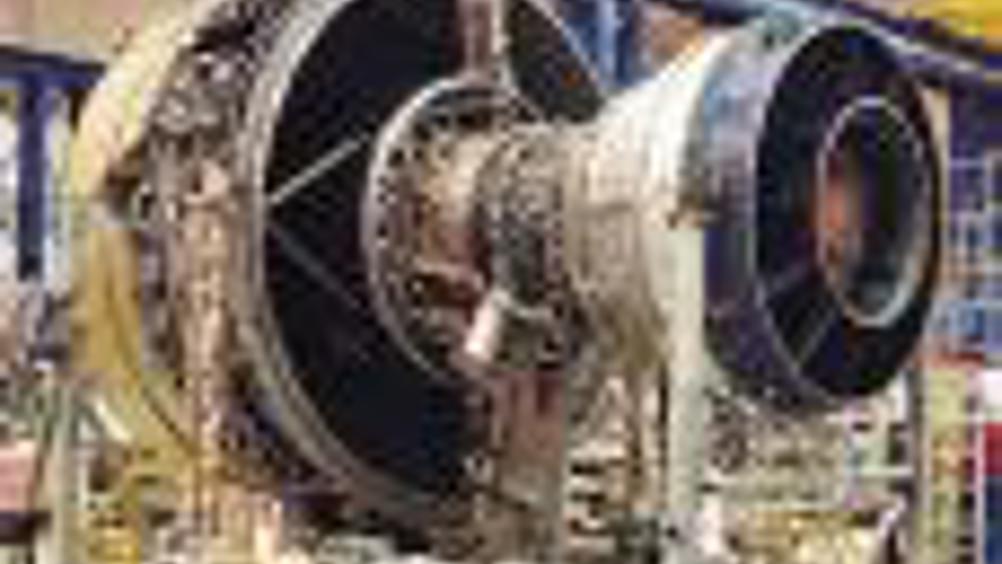Hot properties
New sensor technology will enable engineers to accurately measure the position, speed and motion of materials at temperatures as high as 1,000°C, its UK developer has claimed.

New sensor technology will enable engineers to accurately measure the position, speed and motion of materials at temperatures as high as 1,000°C, its UK developer has claimed.
The technology, which is being commercialised by an Oxford University spin-out called Oxford RF Sensors, has already been adapted for use in turbochargers for diesel engines. The company has demonstrated the technology with a Mercedes V8 engine, and is adapting it for use in big diesel trucks. Oxford RF Sensors also hopes to apply the sensors to monitoring the turbine blades of jet engines.
The sensors are capable of identifying four different electromagnetic signatures that metals and plastics share. By measuring these parameter the sensors can identify any metal or plastic, said the firm.
Oxford RF Sensors claimed its sensors will be used for their ability to measure position, speed and motion with greater accuracy than is currently possible from robust sensor technologies. According to the company, existing sensors, such as digital callipers, are accurate enough to meet engineers’ requirements. They stop working, however, if they come into contact with even a drop of fluid.
Register now to continue reading
Thanks for visiting The Engineer. You’ve now reached your monthly limit of news stories. Register for free to unlock unlimited access to all of our news coverage, as well as premium content including opinion, in-depth features and special reports.
Benefits of registering
-
In-depth insights and coverage of key emerging trends
-
Unrestricted access to special reports throughout the year
-
Daily technology news delivered straight to your inbox










Water Sector Talent Exodus Could Cripple The Sector
Maybe if things are essential for the running of a country and we want to pay a fair price we should be running these utilities on a not for profit...